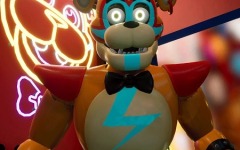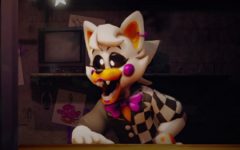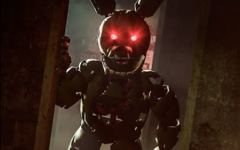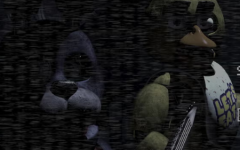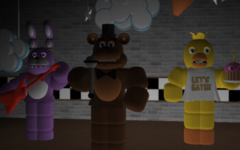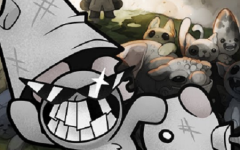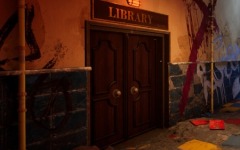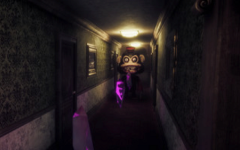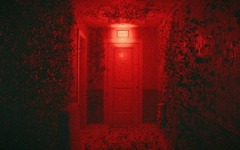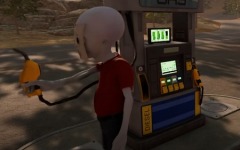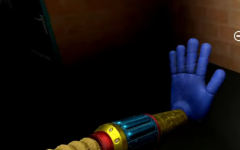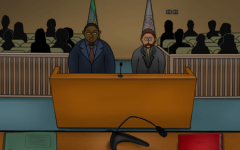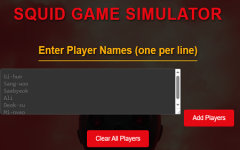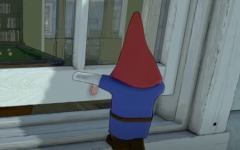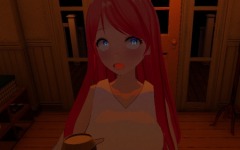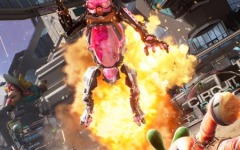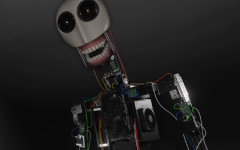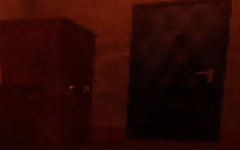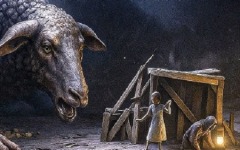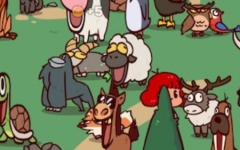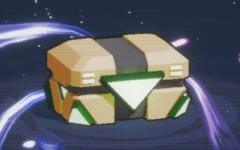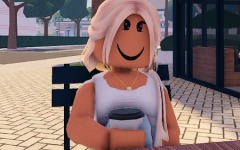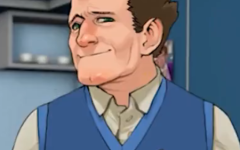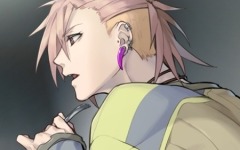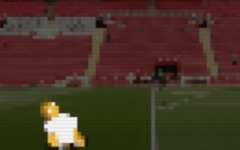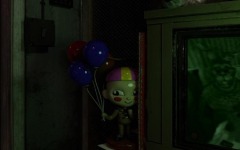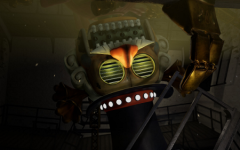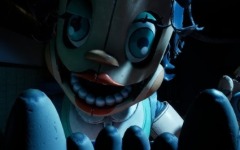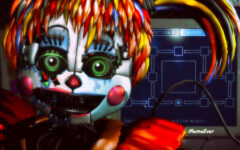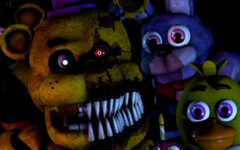Advertisement
Those Nights at Fredbears
Advertisement
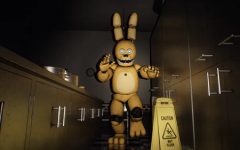
Those Nights at Fredbears was imagined as a survival horror experience built on the foundation of the FNaF universe but with a distinct direction. The player would step into the role of a mother searching for her missing daughter inside Fredbear’s Family Diner, a place where animatronics become active after dark. The narrative aimed to create tension between the personal quest of finding Lily and the constant threat of being hunted through the diner’s halls.
Gameplay Design
Instead of the fixed camera style familiar to the FNaF series, the concept for Those Nights at Fredbears focused on free movement. The player would explore rooms, search for clues, and avoid animatronics that roamed dynamically. Survival meant paying attention to sound cues, planning routes, and knowing when to hide or press forward. This approach promised a balance between discovery and danger, where every step deeper into the diner increased risk.
Some of the key ideas connected to Those Nights at Fredbears included:
- Exploration of the diner in free roam style
- Encounters with original animatronic designs
- Voice acting to enhance immersion in the story
- Branching decisions that influenced progression
- An original soundtrack created for the atmosphere
Development And Cancellation
Although the project generated excitement, it was eventually cancelled before release. The developer, Nikson, stepped away from the original version, and the official work came to a halt. Technical challenges, external issues, and shifting priorities contributed to the decision. For fans who followed its progress, the cancellation left the impression of an ambitious concept that could not reach completion.
Reboots And Community Projects
Following the end of development, other creators within the fangame community began reimagining the project. Reboots and alternative versions appeared, often under new titles, carrying forward the core idea of free roam survival in Fredbear’s diner. These adaptations showed the strong interest players had in seeing the concept realized in some form, even if not exactly as first envisioned.
Legacy In The Fangame Scene
Those Nights at Fredbears never became a finished game, yet its concept continues to influence discussions about fangame design. By attempting free movement, branching choices, and a more personal story, it stood apart from many other projects inspired by FNaF. Its cancellation added a layer of intrigue, leaving fans to speculate about what could have been while experimenting with their own interpretations. In that way, it remains part of the ongoing creative culture around the series.





















































































































